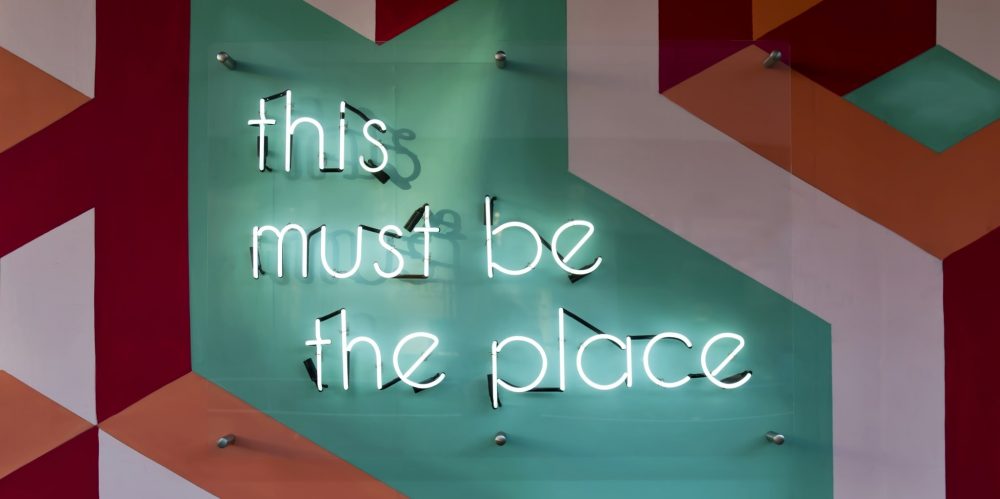Darren Puttock is a FY2 doctor at Enderby Medical Centre, Enderby, Leicester.
Gailash Panray is a GP Partner at Enderby Medical Centre.
The impact of the COVID19 pandemic on the health economy has been well documented, both in press and within the literature. An area which has received limited attention is the possible long term impacts on general practice in terms of recruitment of trainees into the profession.
Many foundation trainees are undecided on their career path and their placement within general practice allows them to experience this unique speciality and the benefits which it can bring. Current working practices, service pressures and redeployment of foundation trainees back to acute hospitals has in some cases stolen this opportunity away from foundation trainees. Even in the best case scenarios, the experiences which many foundation doctors have had in General Practice throughout the pandemic have been vastly distorted and unrepresentative of the profession and career of a GP.
The experiences which many foundation doctors have had in General Practice throughout the pandemic have been vastly distorted and unrepresentative.
The use of remote consulting also removes one of the most widely proclaimed benefits of General Practice, the ability to build relationships with your patients. Many foundation doctors will have reduced face to face consultations and over time the effect of this on trainees skills sets will be known. Consulting via video link, and especially via phone promotes a feeling of being removed from your patient and creates a significant barrier in the doctor patient relationship. Foundation doctors have reported concerns such as feeling as if they are working in a call centre. These short rotations are often the only experience these doctors will have in the speciality, and such unrepresentative experiences risk further damaging recruitment of doctors into the profession.
An important influencing factor upon career decisions of junior doctors is the identification of ‘role models’.
The current role of a GP is far removed from what it was pre-pandemic. Additional pressures of remote consulting, direct and indirect impacts of the pandemic on the health of patients and their expectations as well as the increasing and relentless pressure of coordinating the vaccine role out means senior GPs and partners are more stretched than ever. Unfortunately, but understandably, meeting such demands has come at the expense of the teaching and mentorship of foundation trainees. With less support, mentorship and teaching compared to normal another important attraction of general practice could be distorted in the eyes of foundation trainees. Another common positive perception of general practice, that you have time for your patients, colleagues and trainees, has thus become less apparent during the pandemic.
Whether we like it or not, there has a been a paradigm shift in how primary care services are operating as a result of the Pandemic. With even more strain on the health economy, now is the time to invest in more well-rounded physicians such as General Practitioners who are still regarded as the gate keeper to the NHS. It is as important as ever to nurture foundation doctors and give them ample opportunities to experience all general practice has to offer in order to drive recruitment and prevent a worsening of the pre-existing recruitment crisis.
Featured photo by Tim Mossholder on Unsplash






